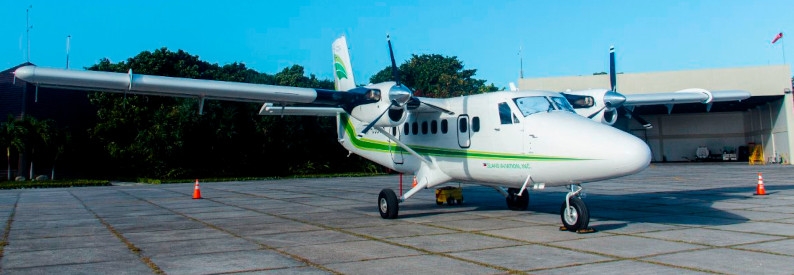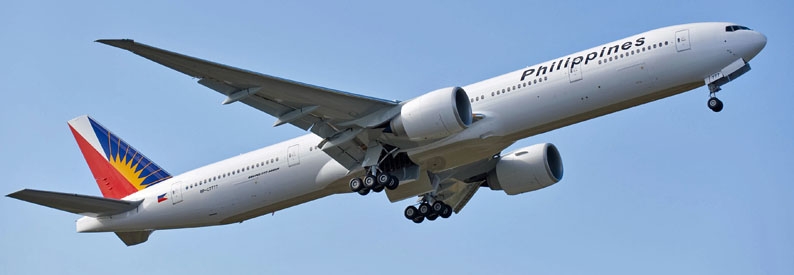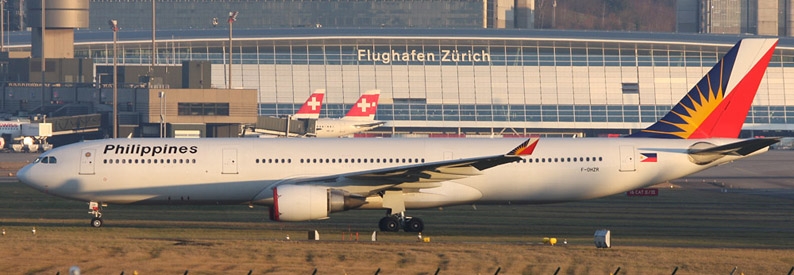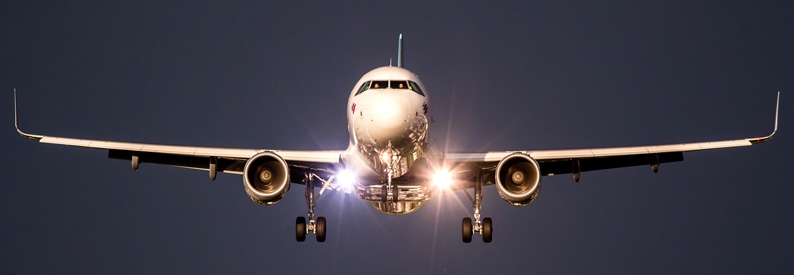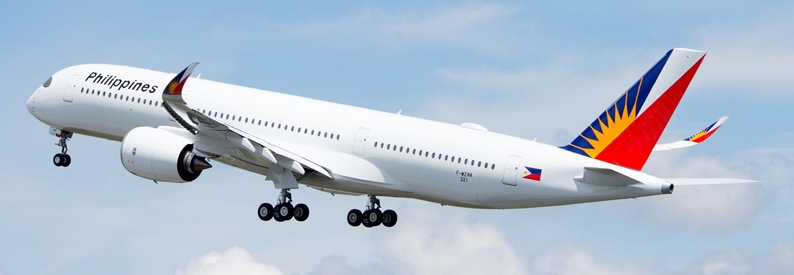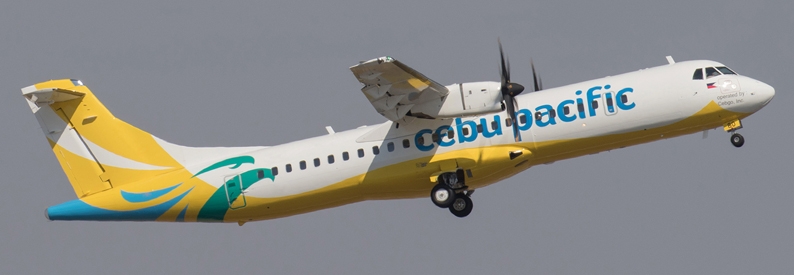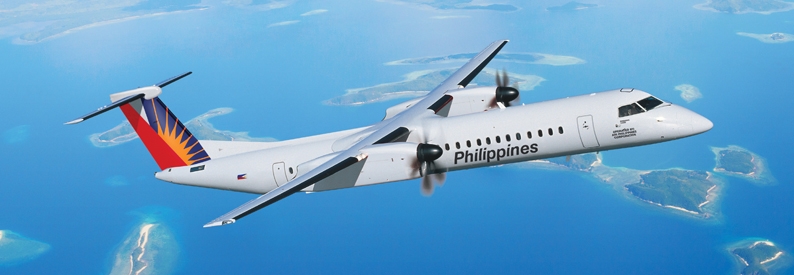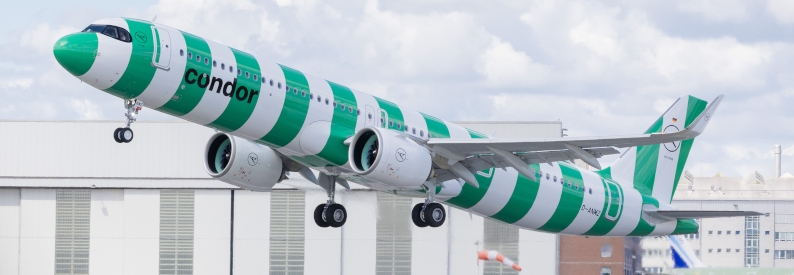Philippine Airlines (PR, Manila Ninoy Aquino International) has emerged from voluntary Chapter 11 bankruptcy proceedings with a strengthened balance sheet, having completed its financial restructuring within four months.
“This is a celebratory moment for PAL, for all our partners and stakeholders, and for our personnel who sacrificed much while working successfully to keep the airline flying,” PAL President and Chief Operating Officer Gilbert F. Santa Maria announced in a statement. “There are immense challenges ahead, but we look forward to tackling them as a reinvigorated Philippine Airlines, better positioned for strategic growth to continue serving our customers.”
This followed after the US Bankruptcy Court for the Southern District of New York on December 17, 2021, approved the carrier’s Chapter 11 restructuring plan, which was accepted by 100% of the votes cast by its creditors – comprising primary aircraft lessors and lenders, original equipment manufacturers, MRO providers, and certain funded debt lenders.
The Filipino flag carrier was able to achieve a 25% reduction in fleet size, improvements in critical operational agreements, USD2 billion in permanent balance sheet reductions from existing creditors, and additional liquidity including a USD505 million investment in long-term equity and debt financing from PAL’s majority shareholder, Buona Sorte Holdings Inc. (BSHI), an investment holding company owned by billionaire Lucio Tan. Of this, USD253 million will go directly into the airline, while a USD250 million five-year loan will go to Philippine Airlines, of which PAL Holdings owns 99%.
Under the recovery plan, PAL also has the option to obtain up to USD150 million in additional financing from new investors.
“Philippine Airlines stands ready to help grow back the Philippines’ local and international air travel markets in ways that renew the tourism industry, serve the needs of global citizens including overseas Filipinos, and contribute actively to the recovery of the Philippine economy,” commented PAL Director Lucio C. Tan III, quoting PAL Chairman and Chief Executive Officer Lucio C. Tan.
Moving forward, PAL said it would reinvest in its operations by:
- Restoring more routes and increasing flight frequencies as travel restrictions eased and borders reopened, including the resumption of regular flights to multiple cities in mainland China, full regularisation of flights to Australia, and the commencement of new services to Israel;
- Building on code-sharing and interline partnerships;
- Expanding its newly established cargo business to tap more air cargo market opportunities, including the operation of all-cargo flights to meet specific freight transport needs such as the airlift of vaccines and medical equipment;
- Innovating its frequent flyer programme, including an expansion of membership rolls and enhancements to programme terms and benefits;
- Accelerating digital transformation initiatives, including a more personalised website and mobile app, a streamlined booking process and enhanced self-service options;
- Rolling out new product advancements in 2022.
PAL reiterated its commitment to refund obligations, saying it had cleared more than 99% of past refunds and was now back to normal processing times for refunds, except for some 2020 cases that require validation procedures mostly involving third party providers.
Philippine Airlines was the only party included in the Chapter 11 filing with PAL Holdings, which is listed on the Philippine Stock Exchange and Air Philippines Corporation trading as PAL Express (2P, Manila Ninoy Aquino International), omitted.
- Type
- Base
- Aircraft
- Destinations
- Routes
- Daily Flights

